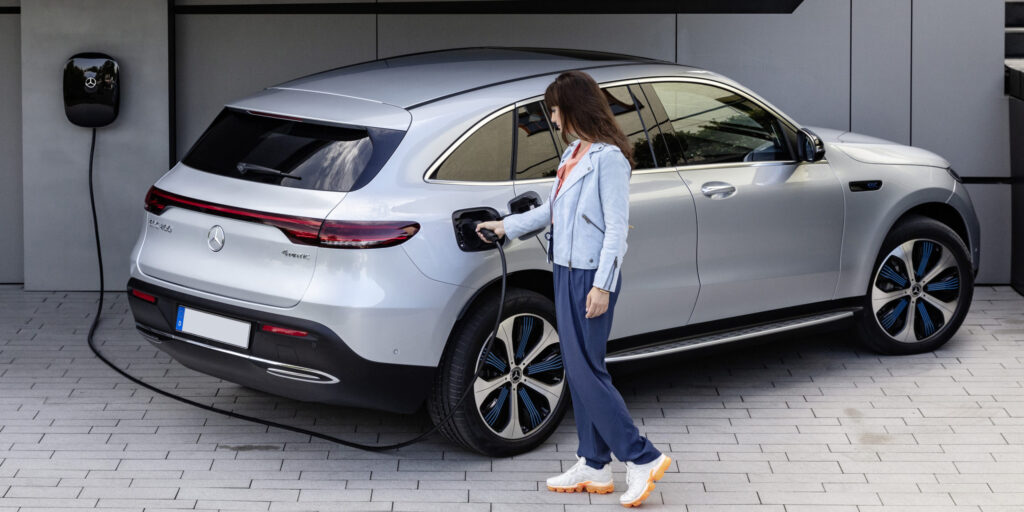With gas prices on the rise without an end in sight, electric vehicles are becoming a better choice for consumers. Both the United States and Canadian governments are pushing their plans for environment-friendly EVs to make up half of their sales by 2030. Many car companies alike are on board with phasing out combustion engines within the next 10-15 years. If you are one of the consumers considering buying an EV, this blog will help you understand what you need to know about EV home charging.

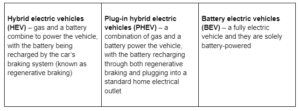
According to the U.S. Department of Energy, there are approximately 45,842 public charging stations in the US. While there are many public charging stations available, it will be several years before the public charging stations will be easy to locate. That is why it is important to have an EV home charging station setup.
Just as there are three types of EVs, there are also three types of categories for charging.
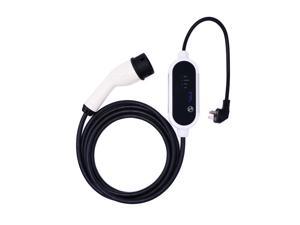 Level 1- This will be the most basic level of charging method. This type of charging method comes standard with BEVs and PHEVs. This charger comes with a 120 volt charging cable that is able to be plugged into a standard household outlet. This also proves to be the slowest form of charging since it can only charge 2-5 miles per hour. It would be best used with PHEVs that don’t drive long distances. Most of these batteries are able to be fully recharged overnight due to their batteries being a smaller size than that of a BEV battery.
Level 1- This will be the most basic level of charging method. This type of charging method comes standard with BEVs and PHEVs. This charger comes with a 120 volt charging cable that is able to be plugged into a standard household outlet. This also proves to be the slowest form of charging since it can only charge 2-5 miles per hour. It would be best used with PHEVs that don’t drive long distances. Most of these batteries are able to be fully recharged overnight due to their batteries being a smaller size than that of a BEV battery.
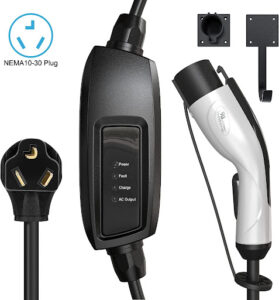 Level 2- The most common EV home charging station known as EVSE (electric vehicle supply equipment) can be installed in your garage and requires a 240-volt outlet. The same kind that dryers and stoves use. The level 2 chargers are able to charge an average of three to ten times faster than the level 1 charger. This charger would be best for use if you have a BEV vehicle or a PHEV who drives long distances just for the added convenience of not having to wait as long for a fully charged battery.
Level 2- The most common EV home charging station known as EVSE (electric vehicle supply equipment) can be installed in your garage and requires a 240-volt outlet. The same kind that dryers and stoves use. The level 2 chargers are able to charge an average of three to ten times faster than the level 1 charger. This charger would be best for use if you have a BEV vehicle or a PHEV who drives long distances just for the added convenience of not having to wait as long for a fully charged battery.
Level 3- This is the fastest method of charging your EV vehicles as they can charge them to 80% within 30-45 minutes. You typically only see this level at public charging stations due to it using a 480-volt, which most houses aren’t able to accommodate.
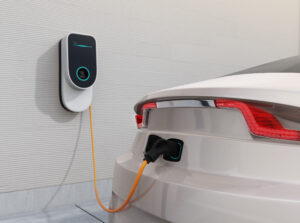 Here at Anchor Electric of Florida Inc, we are happy to schedule a free estimate to go over all of your needs when the time comes to install your EV home charging system!
Here at Anchor Electric of Florida Inc, we are happy to schedule a free estimate to go over all of your needs when the time comes to install your EV home charging system!
